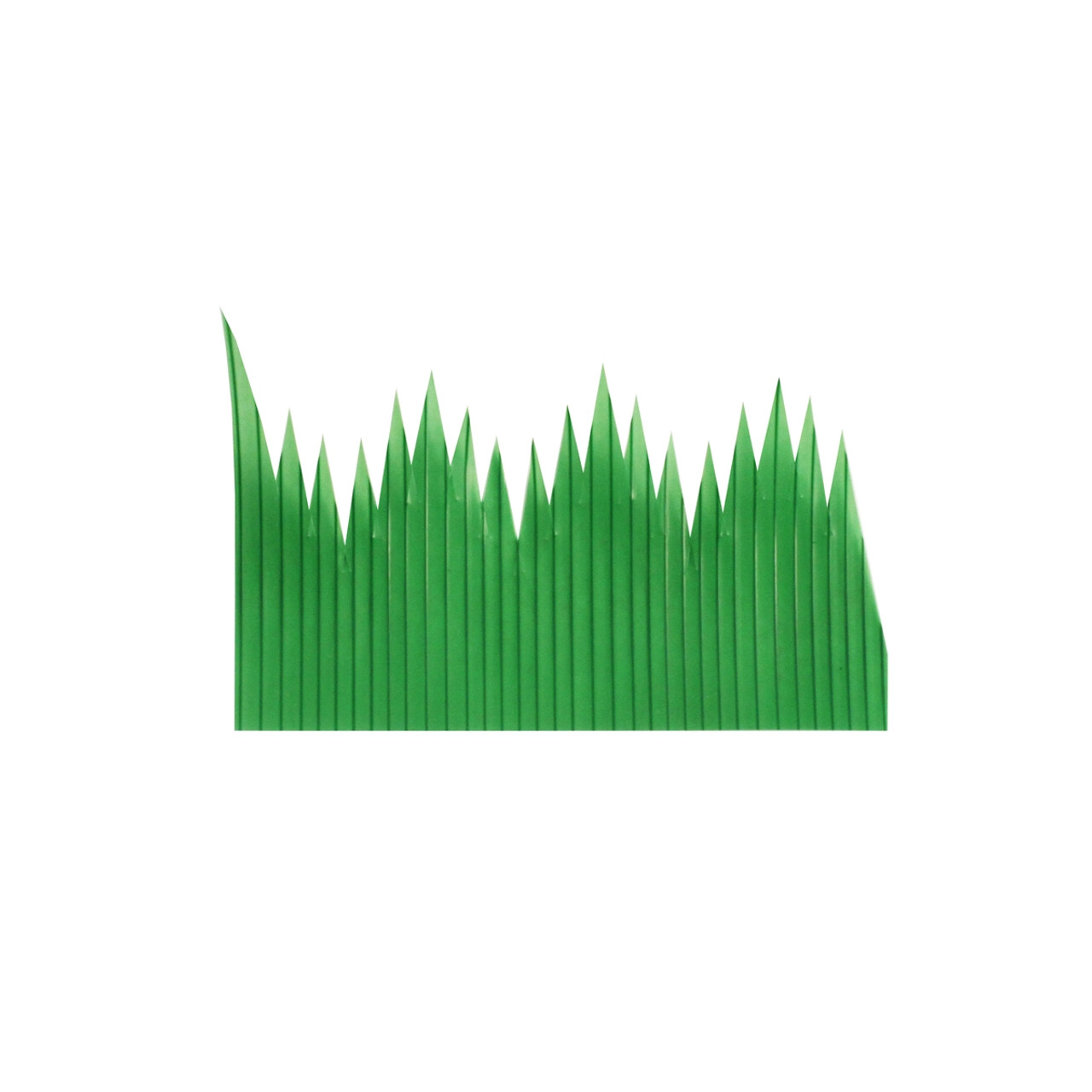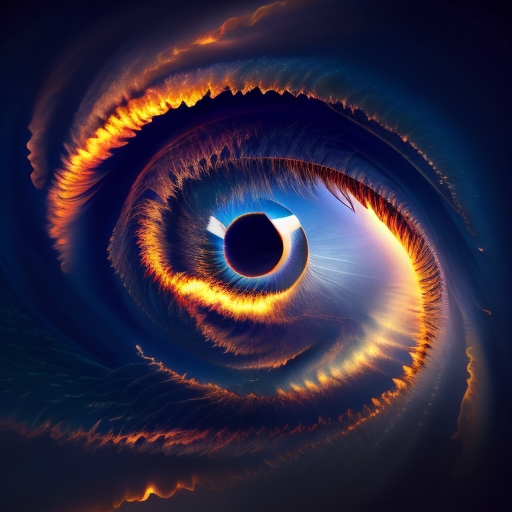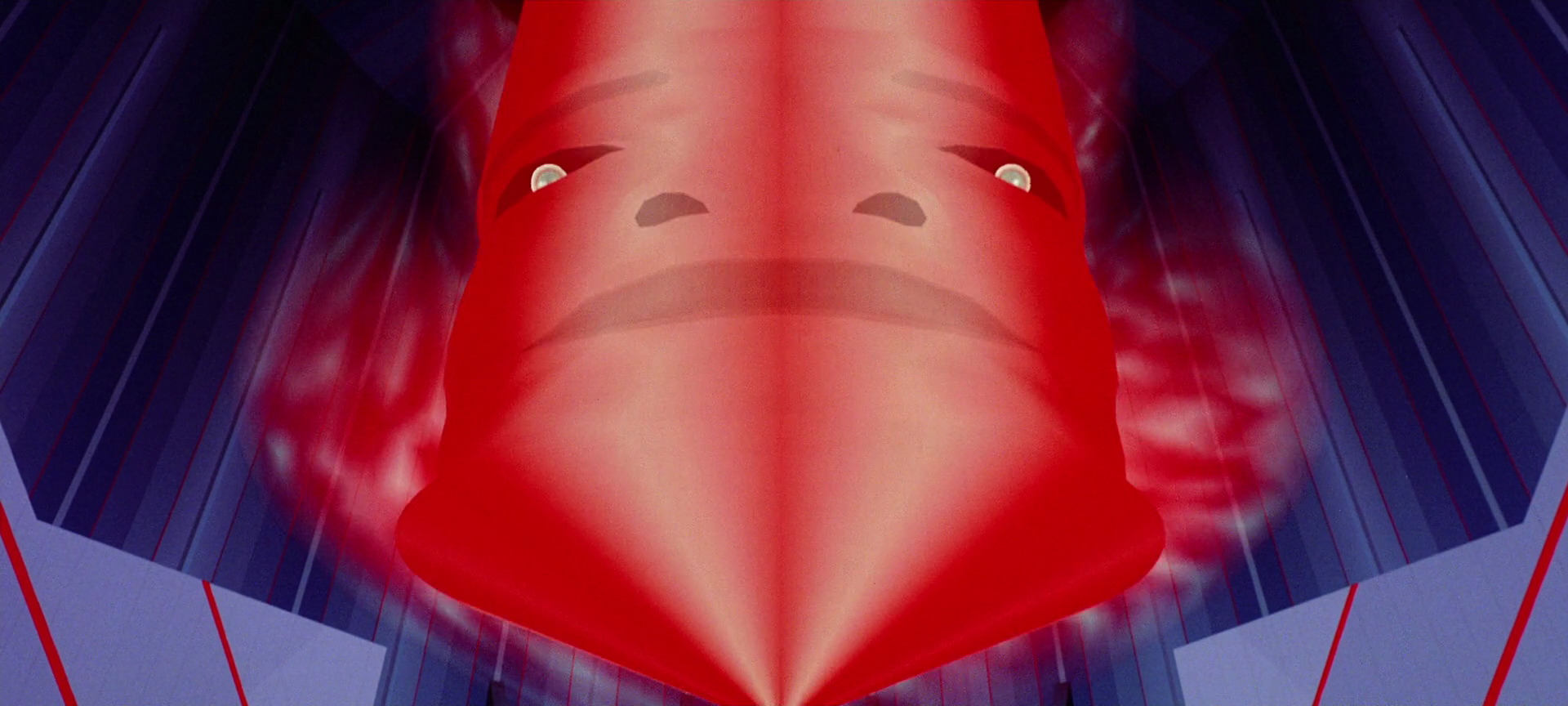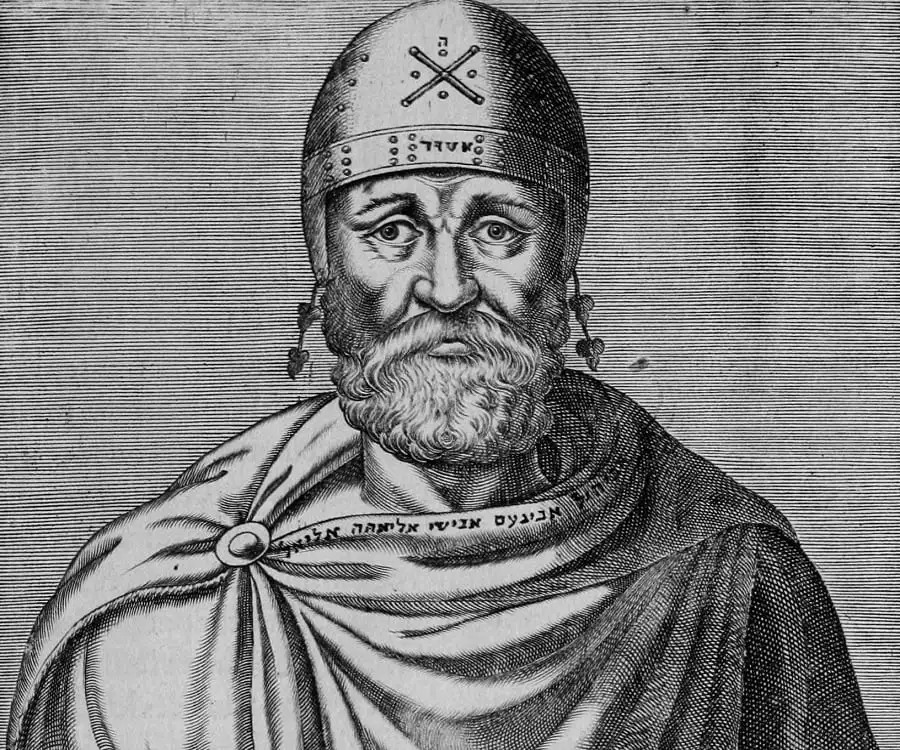The sun dial worked during daylight, but how did people agree on what time it was at night before clocks were invented?
some towns hired people to wake the town for work, and someone else would be hired to wake them up. some societies studied the stars and moon to tell the time at night. and like others stated, there were candles, lanterns, and furnaces to tell how much time has passed. people were more in tune with their environment
How did the wakeyuppymen know what time to start wakeyuppying, tho?
He gets woken up by the wakeyuppy-wakeyupperer, who in turn is woken up by the wakeyupper-wakeyupper-wakeyupperer.
Basically, at least one person had to be awake at any given moment or society would collapse. It happened once and they didn’t recover for hundreds of years, that’s why they called it “The Dark Ages”.
A wakeyuppyman is never late, nor is he early. He arrives precisely when he means to.
sunrise probably
Cities which had someone blow a horn to wake everyone up would also have watchmen walking the city at night. Presumably, they would wake the next person up when their shift ended so that someone is awake at all times.
One method was the use of candle clocks.
They did. Also Water clocks.
- Just don’t use them at the same time next to eachother, == no_clock
Jynx, you owe me a soda!
Bro why you trying to divide the day into so many chunks the industrial revolution hasn’t happened yet just go to bed
yeah, i need to. good call 👍
Sleep until you get woken by the cock
nope. inappropriate.
Woah, history is a lot cooler than I tho– oh the bird
How did you imagine it otherwise ? Wait i don’t wanna know .
Water clock was a possibility but uncommon. Early industrial age was a person that you paid to come bang on your shutters until you responded.
Most people just kept a circadian routine. Another trick is to simply drink as much water as you need to that will usually force you to wake up after a given amount of time.
The idea of time as a unit of measure that is critical for task completion is a rather new invention of current culture.
There were some timekeeping approaches, including candles marked with the hours based on burn rate (also used as alarm clocks by sticking metal things in them that would fall on a bell or metal dish below), but there also wasn’t a lot of reason to know the time accurately at night. Hell, in the time before clocks, there wasn’t much need to know the time accurately in the day. People used sunrise, noon, and sunset as the major markers.
There were things like tracking guard shifts after sundown but the candle or an hourglass would be sufficient for that. It’s usually a case where you don’t actually care about what time it is now but you do care about time elapsed.
Even up to the advent of trains, time was very localized. Timezones didn’t exist, and people would just come to a general consensus on what time it was, often via a clocktower or similar structure.
I remember reading once that if you time traveled back to Europe anywhere beyond 200 years, the majority of people would not know what year it was. All they understood was summer winter summer winter, someone born two years ago, someone died five years ago, that’s it.
The church kept track of Holy days but even that was an ongoing controversy with everyone.
You could go back to 1123 and there might be a hundred people that kept track of the year but even they wouldn’t agree with one another.
This simply isn’t true. People kept track of the year, even if it wasn’t the Julian calendar, stuff like “the third year of the reign of king George”.
So how do we know it’s really 2024?
I thought we figured out it wasn’t though? If we were counting time correctly it would be 2028-2030 right now.
By comparing historical accounts of known events with stable periods, like eclipses or comets.
Faith and common belief … it’s the same system that basically works for many of the cultural ideas outside of actual science that we all use. Money, calendars, time, historic cultural units of measurements … all based on belief, habit and repetition.
We don’t know if it is actually 2024 … we just have 8 billion people (maybe 7,999,999,998 if you and I don’t agree) who all believe that it is 2024 that is all.
Huh… i man, I guess over time, timekeeping began to solidify. So when did we actually start keeping a common date? I know some religions or cultures think it’s way off of 2024. But when did a strong common use of calendars come About?
Honestly, even in the world after the invention of clocks knowing the time down to the minute isn’t very important for most people most of the time. Sure, it can be useful on occasion, but people put way too much emphasis on way too small of time units way too often.
The only thing is that it severely limits the options to meet somewhere when all you got is dawn, noon, and dusk.
Sure, but pretending you’re all going to meet at exactly 4:37 or whatever is just lie. Nobody is actually accurate down to the minute in their casual lives, and using units that are more precise than they are accurate is just lying about your accuracy. You can use modern clocks without pretending that single minutes matter. That’s why some people still talk about things like quarter hours even when using digital clocks. That’s a much more human kind of timescale.
Yep, quarter hours are how we normally function today. Which is fine and I wholly agree. You still need the second for that system to function though, as you can’t get that without measuring time.
I mean, the actual length of a second is pretty arbitrary. We could use a different basic unit of time and still be fine, but I get the point you’re making. I was never trying to argue that the invention of the clock was a bad thing, just that modern society has a problem with overly precise “measurement” of things that themselves aren’t actually as consistent as the measurements.
Matters for public transport tbh
Matters for public transport tbh
Which didn’t operate on that strict a time schedule (if at all) in the time period OP is asking about.
Hey, if you live in a place where the public transport actually shows up when it’s supposed to that’s nice for you, I guess, but where I’m from pretending that the public transport is accurate down to the minute is also a lie.
Candle clocks were one method. However an hourglass/sandglass was probably the most common due to its simplicity and consistency.
The stars have a very predictable pattern to them, ancient people had nothing better to do at night than look up, and since there was no light pollution it was quite a show.
Depending on the time of year, some constellations would be visible all night and move across the sky. That’s where the original Zodiac signs came from.
It’s actually easier to tell the time using the stars rather than the sun, because the elevation of the sun is hard to estimate without using a device like a sundial; but there are always stars near enough to the horizon that their elevation can be estimated with the unaided eye.
Wouldn’t I have to know where stars usually are in order to know the time at night? With the sun all I need is to know which is west vs east.
Without light pollution most people can identify the stars with a few nights practice.
Things like Orion and Ursa Major are dead easy. Cassiopeia isn’t hard either. And then with less light pollution you have Andromeda and such.
In theory, yes. In practice, you only have to watch the first night, pick a recognizable star pattern. Follow it across the sky during the night and from then on you can use that first read as your reference. Specific stars, their names or whatever is irrelevant as long as you can find the same group of stars every night. Without light pollution it is trivially easier as far more stars are visible and constellations are obvious.
This past winter, I started using Orion as a clock while I was out walking the dogs in the evenings. Got pretty good and could guesstimate the time to within about 30 minutes.
How long do you spend walking your dogs!? Just look at the clock when you go out and won’t you still be accurate to within 30 minutes when you get back?
Ha, I phrased it poorly.
What I meant was that I started noticing Orion’s position in the sky at certain relatively fixed times. After a while, I could just look at where it was, relative to the horizon, and determine the current time within about 30 minutes (between about 5:30 PM and 3 AM when it’s above the horizon here)
Look at this fancy mf able to see Orion at night without it being blocked out by ludicrous amounts of light pollution
Things should get better when Betelgeuse goes supernova.
That fucker needs to hurry
could guesstimate the time to within about 30 minutes.
Which is more than precise enough for the people in the time OP is asking about.
Good thing overcast skies weren’t invented yet.
how did people agree on what time it was at night
They didn’t. There was no need to and no way to do it anyway.
What if I needed coordinate a nocturnal scheme??!!
Have a signal.
Unless you were on guard duty, you didn’t.
When the ghosts came out, then it was the middle of the night… booooh!
So I got scooped on the whole candle thing, which I really wanted to go with. Instead, I’m going to pivot and say that accurate timekeeping - day or night - was actually driven by the needs of navigation. 
You could get a pretty good idea of when it was based on the position of the sub and stars, as long as you knew where you were. The opposite is also true - you could figure out where you were, as long as you knew what time it was (and had the appropriate charts/data). The problem was that, while sailing around the world, ships often didn’t know either one.
For rough purposes, people used things like candles. In some cases, monks would recite specific prayers at a given cadence to keep track of time overnight and so know when to wake the others. These methods, as well as later inventions like the pendulum clock that used a known time component to drive watch mechanisms, were all but useless for navigation due to inaccuracies. They were good enough in the 1200s to let the monks know when to pray, though.
This was also why the uk put massive prizes out for the first devices that could be used to accurately calculate longditude.
The first pendulum clocks “broke” when shipped to other parts of the world. They didn’t keep the same time as the place of manufacture because gravity was ever so slightly different (Earth being an oblate spheroid) approaching the equator slowed the clocks down enough to slowly lose time.
There were so many problems with monitoring time. Even today I always dread it a bit. While we’ve tried to at least move the issues from the mechanistic to the philosophical, we still run into things like the Y2K and the 2038 problems. Hell, I remember running into an issue with calculating leap years and such as an undergrad.
I like to think that, if nothing else, it gives me a greater appreciation for Discworld.
To touch on the reciting of prayers, they would also use that to time mixing of substances and what little medical procedures they had. Neat!
Is that where the idea of witches reciting incantations while mixing potions comes from?
They used their wrist hourglass 😁
By looking at sun dial
Sand, water, candles. Each one can be a clock
Oh hey! I actually read into this recently. It came from wondering what exactly “The Witching Hour” was, and apparently it was invented by Christians and it’s between 3am and 4am. I thought “oh hey that’s interesting when did that start?”, and then when I read that it may have started back in 1535 I was like “Wait how the fuck did they know it was 3am in 1535? When were clocks invented?!”
So that’s when I found out that mechanical clocks actually date back to the 1300s
So then I was like “well how did they tell time at night before that?” and it ends up that all the way back in the 16th century BC, they had these things called water clocks. So basically, they had figured out the sun dial a few hundred years before that, and while tracking an hour, they had 2 vessels, one full of water and the other empty. They would have the water flow from one to the other so that when the top vessel was empty, x amount of time had passed (for sake of simplicity call it a hour), then they would pour the water back into the top vessel to measure the next hour, and they were able to do this without the sun. It was basically the same concept of an hourglass (which actually didn’t come around until 1000 AD) but with water.
And before sundials and water clocks? I dunno. I guess they just went to sleep when the sun went down, and woke up when it came up, and didn’t plan things around specific times. Sounds pretty nice, honestly.
Just spoke with a tour guide about this topic. If you lived in a city during the middle age in Europe, the night watch announced the current time every hour. How did they know the time? They just guessed, because nobody in the city could know better.
I wonder how often people would just throw random shit at them for “waking us up” and yell to shut up




















